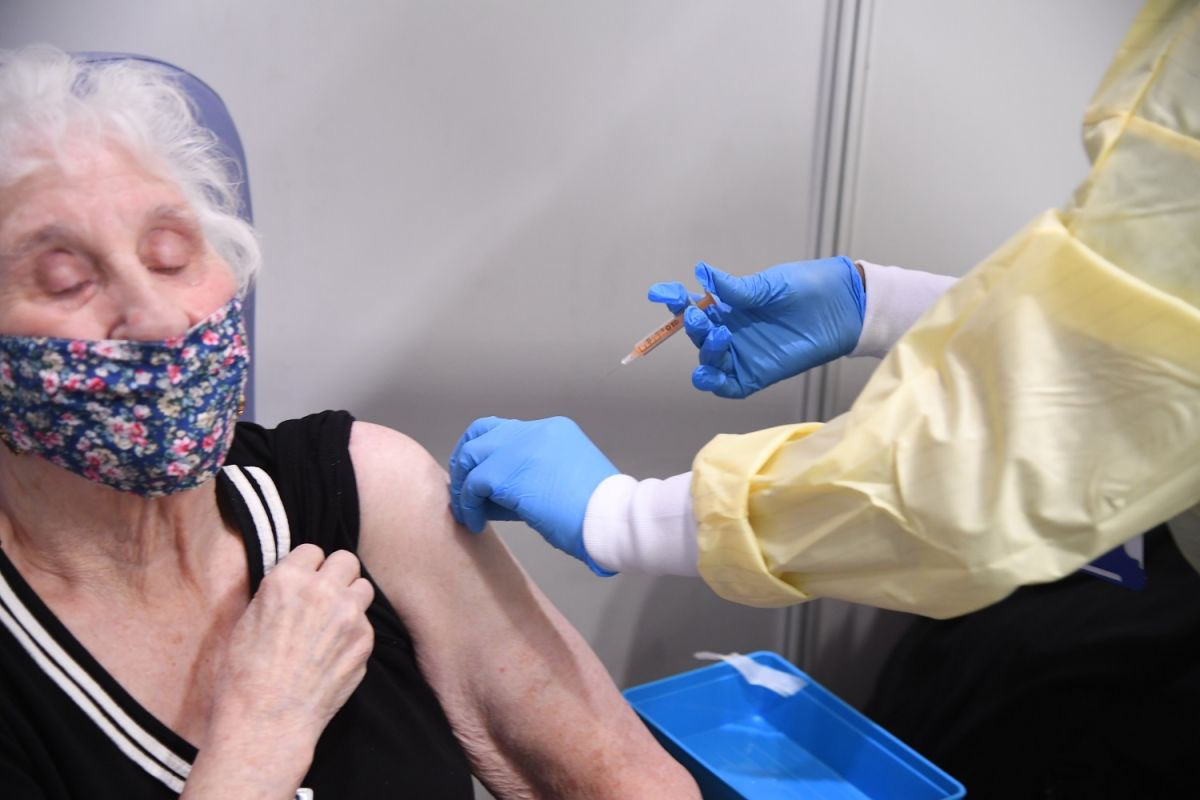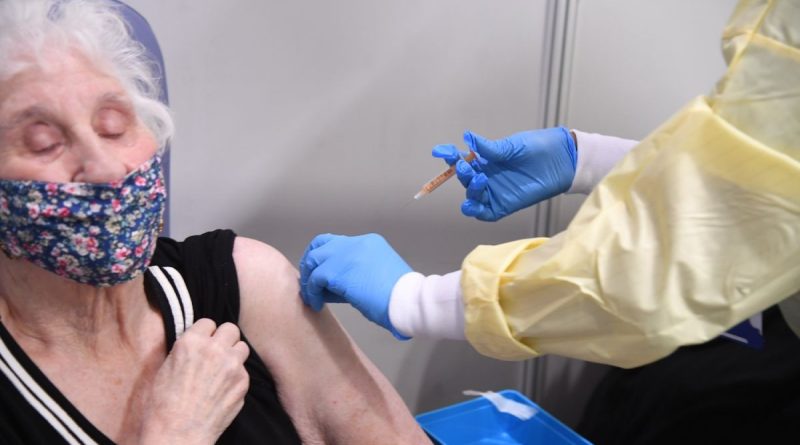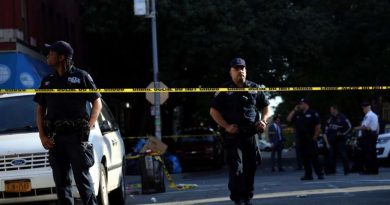5 warnings to consider before reuniting with your loved ones even if they have already been vaccinated against COVID-19 | The State

According to the United States Centers for Disease Control and Prevention (CDC) So far 6’688,231 people in the US have received the first dose of the SARS-CoV-2 vaccine, and more than 22 million doses have been distributed.
After health care personnel and residents of long-term care facilities, those who follow the vaccination plan are essential workers, older than 75 years and then those older than 65. However, it is important consider some warnings before reuniting with loved ones even if they have already been vaccinated against COVID-19.
The doctor Leana wen, an emergency specialist and visiting professor at George Washington University’s Milken Institute School of Public Health, gave CNN some recommendations to consider when it comes time for some family members to receive their vaccinations.
Two doses
First, it is important to get both doses of the vaccine before considering meeting with someone else. Once a full vaccination is received, wait an additional three to six weeks for the body to develop an optimal degree of immune protection which, according to its developers, is around 95 percent. And this means that there is still a 5 percent chance of getting it, although with less severe symptoms than if you didn’t have the vaccine.
It is not known if it reduces the transmission of the virus
One of the disadvantages of the vaccine is that scientists do not know if it will be effective in preventing transmission of the virus; that is there is a chance that some people behave as carriers despite being vaccinated. This means that in a family or friend gathering, a person infected with COVID-19 could infect those who have not received the vaccine. And the only way to know if the vaccine stops transmission is to apply it and observe the results.
Protective measures still need to be maintained
Receiving the vaccine does not mean that we can go back to how our life was before the pandemic. Although the vaccine reduces the risk, it does not eliminate it completely, so you and your loved ones will still be at risk of contagion. For a vaccinated older person who wants to see their grandchildren, for example, Dr. Wen recommends that it be outdoors and at a distance of six feet. If you want to spend time with them indoors, he suggests that the whole family quarantine themselves for at least 10 days and have tests done before the encounter.
When everyone is finally vaccinated …
Once all members of a family have received both doses of the vaccine and wait a few weeks to get the maximum immune benefit from the drug, it is likely that they can be reunited with some safety., but without engaging in risky behavior. Why? Because even if a member of a family is already vaccinated, it is not known if they can transmit the virus if they have contact with it even if they do not get sick. In other words, we still do not know if a vaccinated person can infect other people who are not vaccinated outside their family circle.
Until when then will we resume socialization?
The expert points out that the end of the pandemic could really happen when we achieve herd immunity, and this requires that at least 85 percent of Americans get vaccinated. Considering that trials of the vaccine in children are just beginning, it is likely that by the end of 2021 an entire family will have vaccines.
Wen emphasizes that the vaccine does not mean that we can resume our life in 2019, but rather it is one more tool to reduce the risk of becoming ill, even seriously ill and dying. “Wearing a mask is another similar tool, as is social distancing, and we want to continue using as many tools as we can to protect ourselves,” he says.
.



